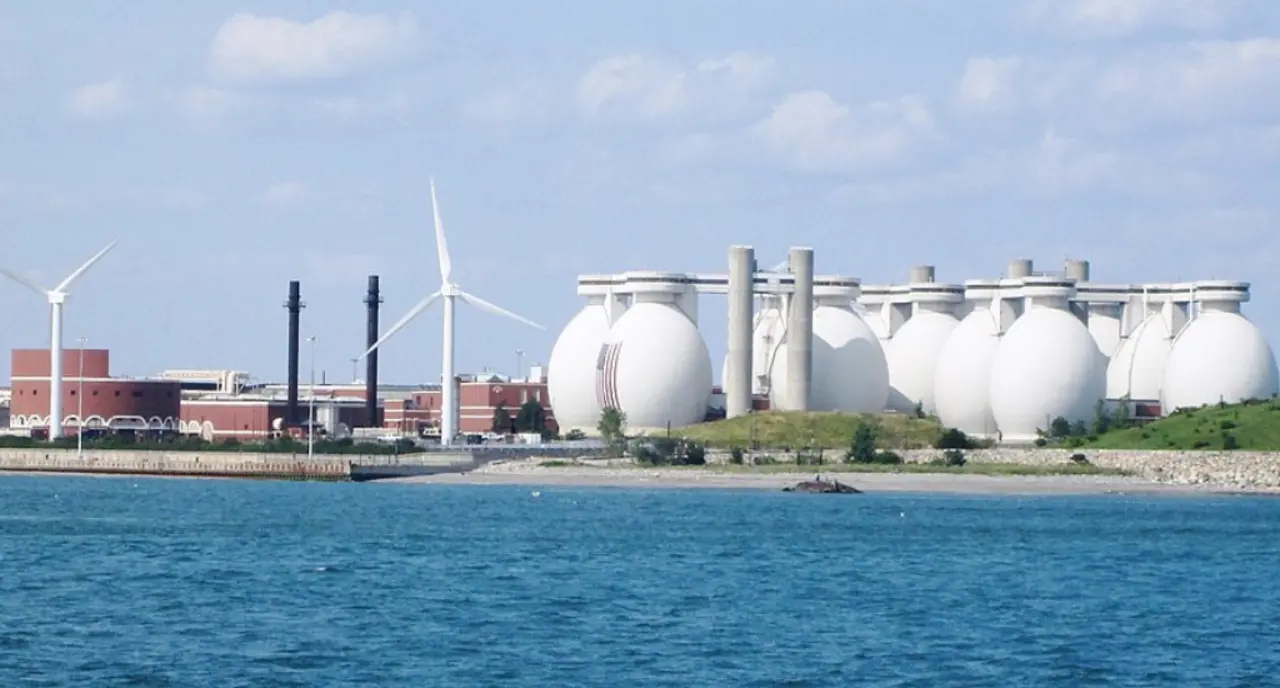Exploring the Benefits of Privatized Agriculture
Privatizing agriculture has the potential to greatly benefit both farmers and consumers. By allowing farmers to make their own decisions about what to grow, how to grow it, and when to sell it, they can maximize their profits and create a more efficient market. This in turn can lead to lower prices for consumers, as well as increased variety and quality in the products available on the market. In this section, we'll delve into the many ways that privatizing agriculture can benefit society as a whole.
Boosting Economic Growth and Innovation
One of the main reasons to consider privatizing agriculture is the potential for economic growth and innovation. When farmers are free to make their own decisions about what to grow and how to grow it, they are more likely to experiment with new crops and farming techniques. This can lead to the development of new products and services, as well as more efficient farming methods that can help to increase the overall productivity of the agricultural sector. Additionally, the increased competition that would result from privatization could spur even more innovation and growth, as farmers would be constantly looking for ways to stay ahead of their competitors.
Reducing Government Intervention and Corruption
Another significant advantage of privatizing agriculture is the reduction of government intervention and corruption in the sector. When the government controls the agricultural industry, it can lead to inefficiencies and corruption, as officials may make decisions that benefit themselves or their political allies rather than the farmers or consumers. By privatizing agriculture, we can limit the opportunities for corruption and ensure that decisions are made based on what is best for the industry as a whole. Additionally, reducing government intervention can lead to a more efficient market, as farmers would be free to make their own decisions about what to grow and when to sell it without having to worry about government regulations or quotas.
Improving Food Security and Distribution
Privatizing agriculture can also help to improve food security and distribution. When the agricultural sector is controlled by the government, it can lead to inefficiencies in the production and distribution of food, as well as a lack of variety in the products available on the market. By allowing farmers to make their own decisions about what to grow and how to grow it, we can ensure that there is a wider variety of products available, which can help to improve food security and make it easier for people to access nutritious foods. Additionally, privatizing agriculture can lead to a more efficient distribution system, as farmers would be free to sell their products directly to consumers or to wholesalers and retailers who can then distribute the products to a wider market.
Addressing Environmental Concerns
While there are many benefits to privatizing agriculture, it's important to also consider the potential environmental impacts. When farmers are solely focused on maximizing their profits, they may be more likely to engage in practices that are harmful to the environment, such as overusing chemical fertilizers and pesticides or depleting water resources. To address these concerns, it's crucial that any move toward privatizing agriculture be accompanied by strong regulations and enforcement to ensure that farmers are held accountable for their actions and that the environment is protected. In this way, we can enjoy the benefits of privatized agriculture while also safeguarding the health of our planet.
Conclusion: Weighing the Pros and Cons
Ultimately, the decision to privatize agriculture is a complex one that requires careful consideration of the potential benefits and drawbacks. While privatization has the potential to boost economic growth and innovation, reduce government intervention and corruption, and improve food security and distribution, it's important to also address the environmental concerns that may arise. By striking the right balance, we can work towards creating a more efficient, innovative, and sustainable agricultural sector that benefits everyone.
